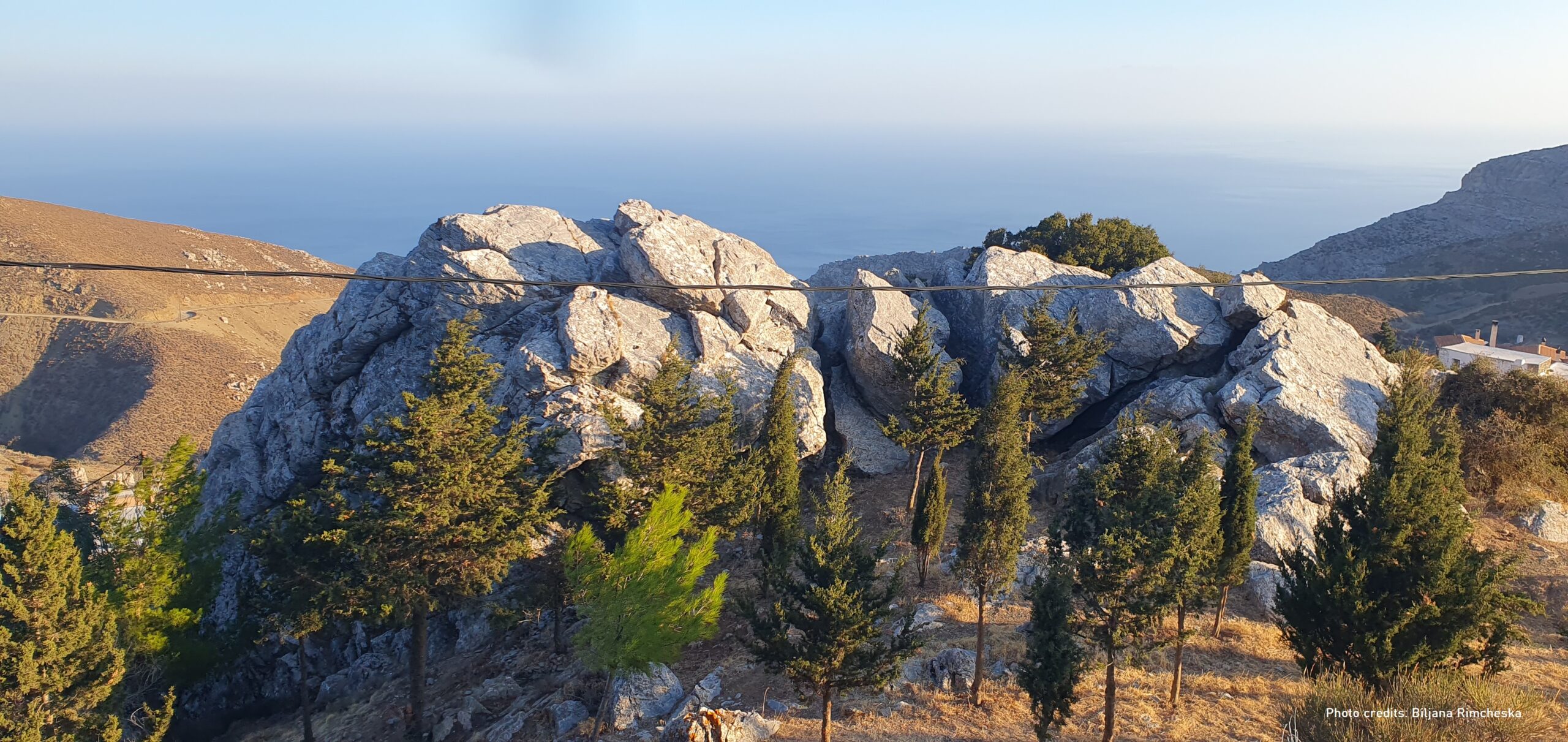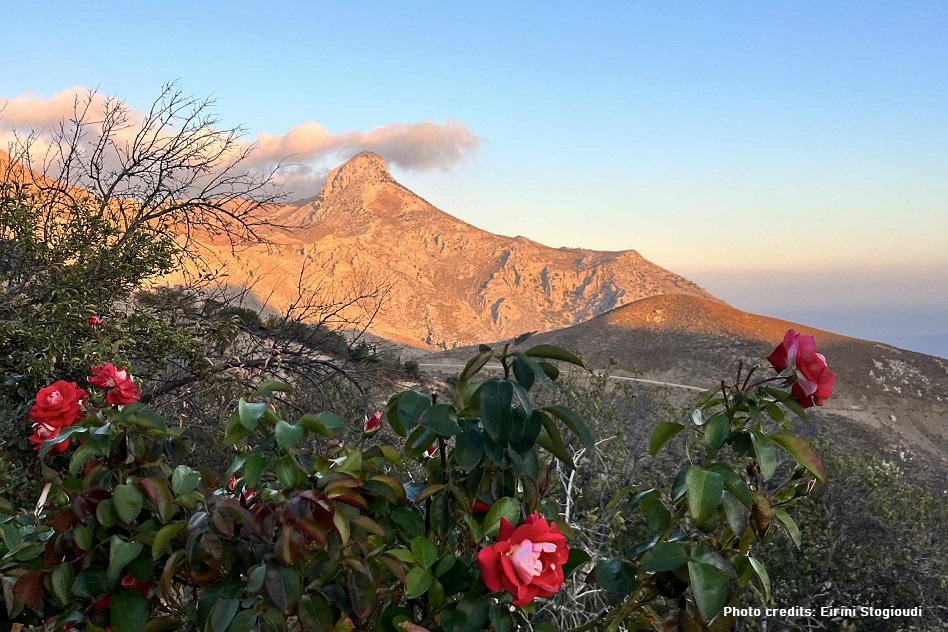Following the successful Summer Universities organized jointly by MIO-ECSDE and the UNESCO Regional Bureau for Science and Culture in Europe for a number of years, and since the designation of the Asterousia BR, also the Region of Crete (Heraklion Development Agency) and the Local Management Committee of Asterousia, this year the event will take place once again in Asterousia and focuses on the theme “Integrated Natural and Cultural Heritage-based approaches for Biosphere Reserves and other Designated Sites in the Mediterranean“.
The Asterousia Hybrid University is split n two phases, with:
- Phase A taking place face-to-face for up to 25 international and local participants, in Asterousia BR, between 28 October (arrivals), and 1st November 2025 (departures).
- Phase B (tbc) taking place online, in January 2026.
It is mandatory for that are selected to participate in Phase A, to follow also Phase B.
PHASE A IN A NUTSHEL
WHEN: Tuesday 28 October 2025 (Arrivals) – Saturday 1st November 2025 (Departures)
WHERE: Asterousia Bioshere Reserve, Crete
FOR WHOM: Post graduate students, young researchers, educators and managers of existing and candidate Biosphere Reserves and other designated areas.
GROUP SIZE: aproximately 25 participants (16 international & 9 Greek)
FORMAT: The event will entail lectures, field visits, demonstrations and joined activities with the local inhabitants.
COST: A symbolic registration fee of 100 EUR will apply for the selected participants.
APPLICATION DEADLINE: 10/09/2025 (but the sooner you apply the better for organisation purposes)
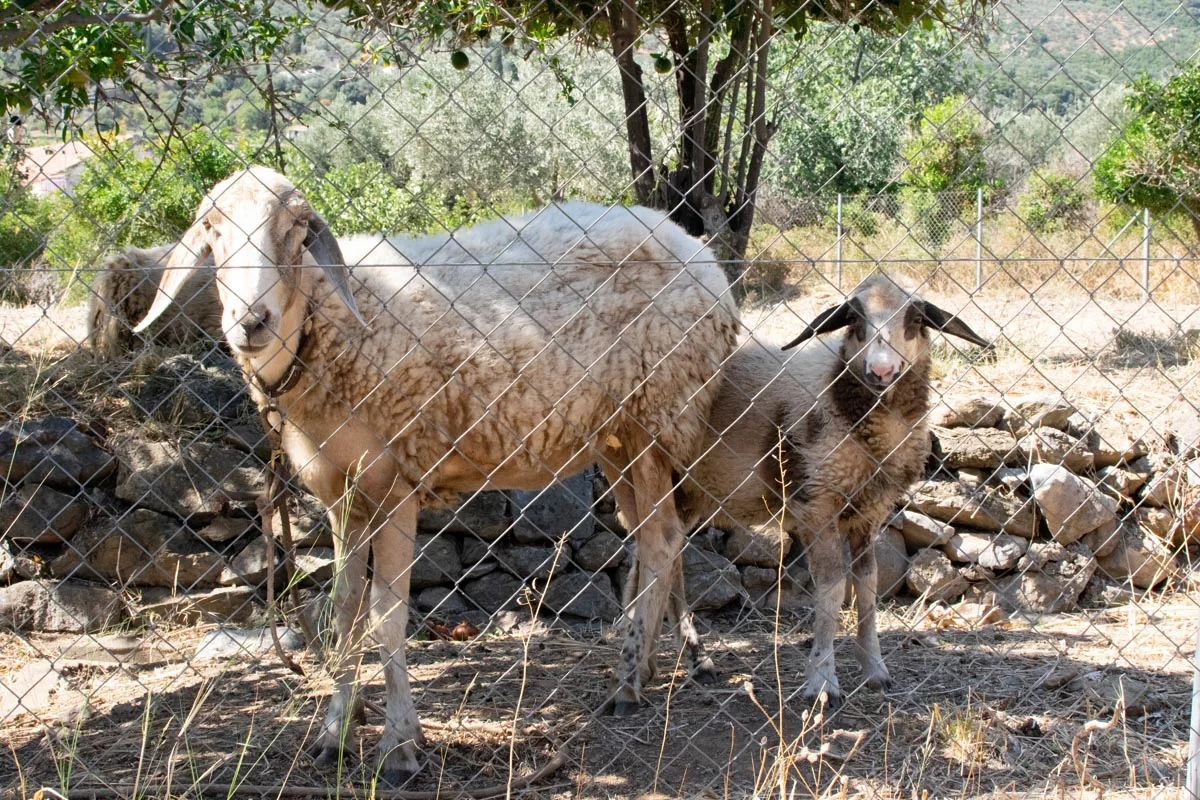
2025 Focus Theme
The main theme this year will be the mutual support of Natural and Cultural Heritage in BRs, within the context of Sustainable Development. Specific sub-topics to be covered through the dedicated lectures, workshops and field-visits are:
- Good practices in BRs and other sites in protecting both natural and cultural heritage
- Traditional governance systems integrated with modern BR management approaches
- Freshwater management combining traditional harvesting techniques with modern non-conventional water resources
- Degraded Habitat Restoration e.g. reforestation, wetland restoration, and artificial sea reefs to enhance marine biodiversity
- Circular economy in agriculture: the case of wool
- How special forms of tourism (e.g. agro-, star-watching-, religion-, fishing-related etc) offer unique experiences and contribute to mild local sustainable development
- Intangible heritage documentation and transmission (traditional songs, stories, practices related to natural resources and landscapes)
- The role of local products within the BR: A win-win for producers and visitors.
- Community engagement through traditional knowledge holders, youth, and citizen science approaches, and ESD bridging past and present.
Organisers
The main organisers & sponsors of the 2025 Asterousia University are:
- Region of Crete (Link)
- Heraklion Development Agency (Link)
- UNESCO Regional Bureau for Science and Culture in Europe (Link)
- Local Management Committee of Asterousia
- UNESCO Chair and Network on Sustainable Development Management and Education at the University of Athens (UoA)
- The Greek National Committee of the MAB/UNESCO Programme
- Mediterranean Information Office for Environment, Culture and Sustainable Development (MIO-ECSDE) (Link) through the MEdIES initiative (Link)
Other contributors: The Asterousia University will bring together a series of actors within and around the Asterousia BR, including:
- Association for the Protection of Asterousia
- Agricultural School of Messara
- Agricultural Cooperative of Olive Producers of Asterousia – FAMELIA
- Archaeological Museum of Messara
- Cultural Association of Charakas Village
- Local Associations of professionals & women
- Hellenic Mediterranean University
- HCMR Hellenic Centre for Marine Research
- Mediterranean Committee on ESD (MCESD)
- Natural History Museum of Crete
- Technical University of Crete
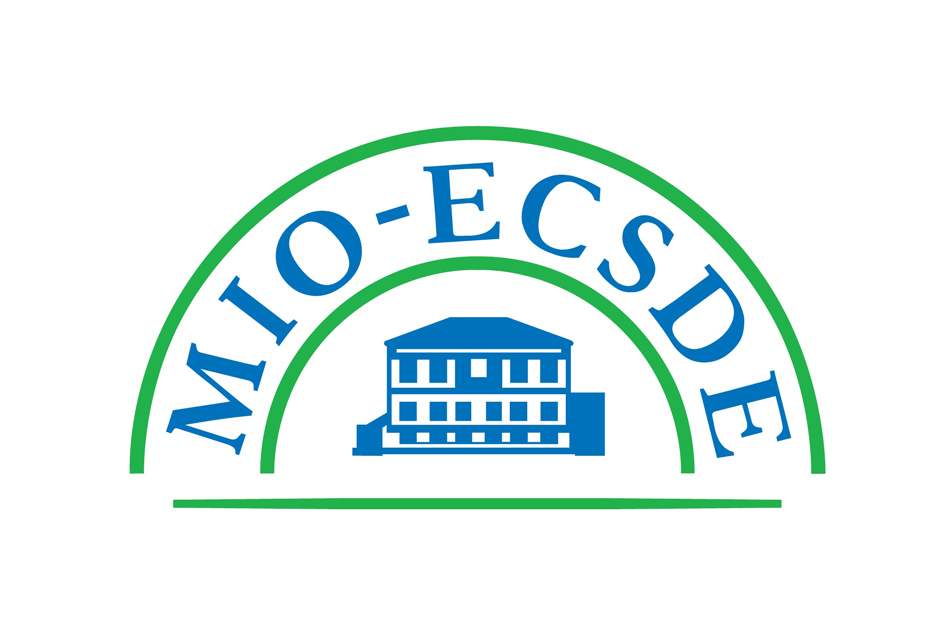
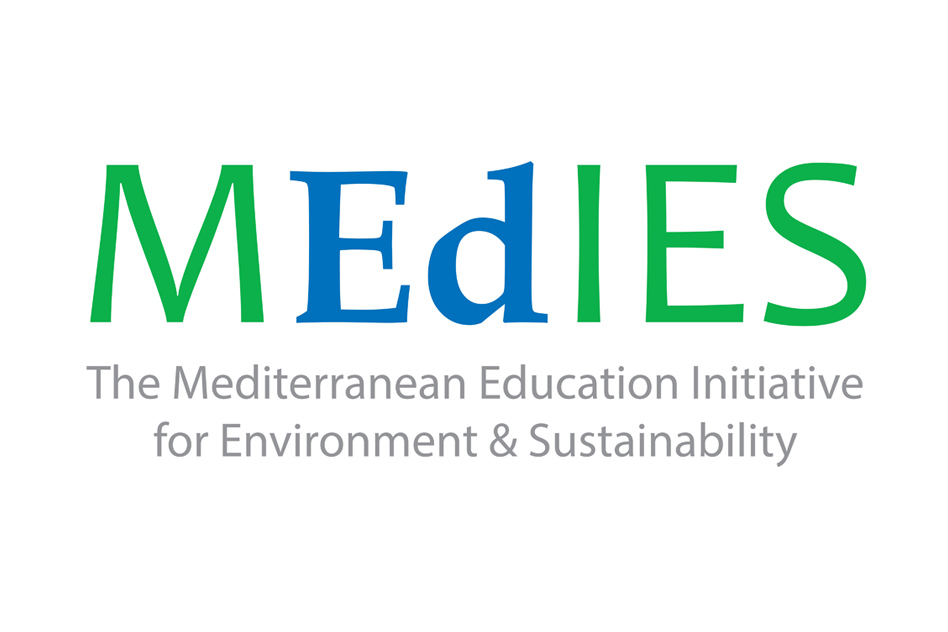
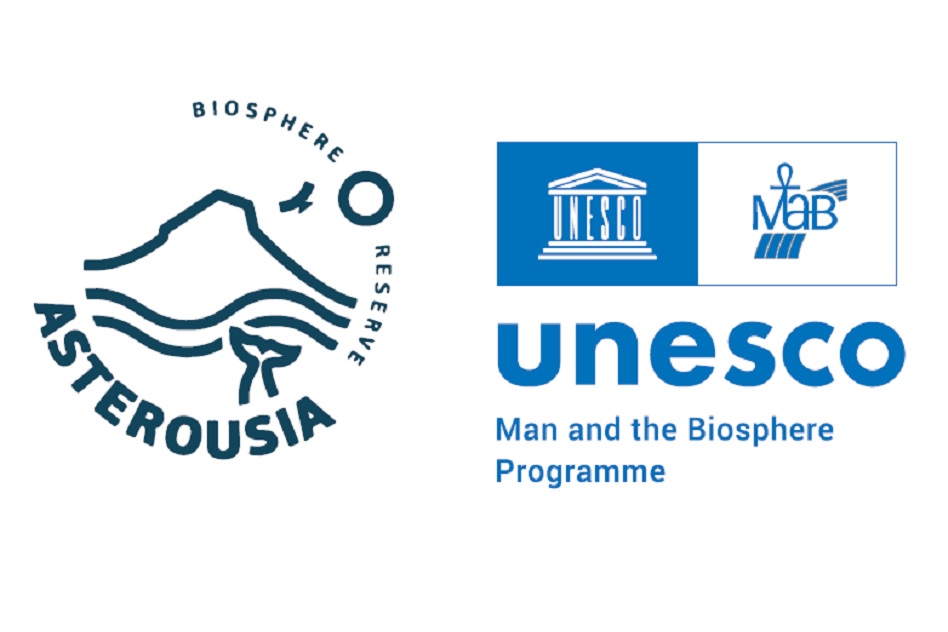
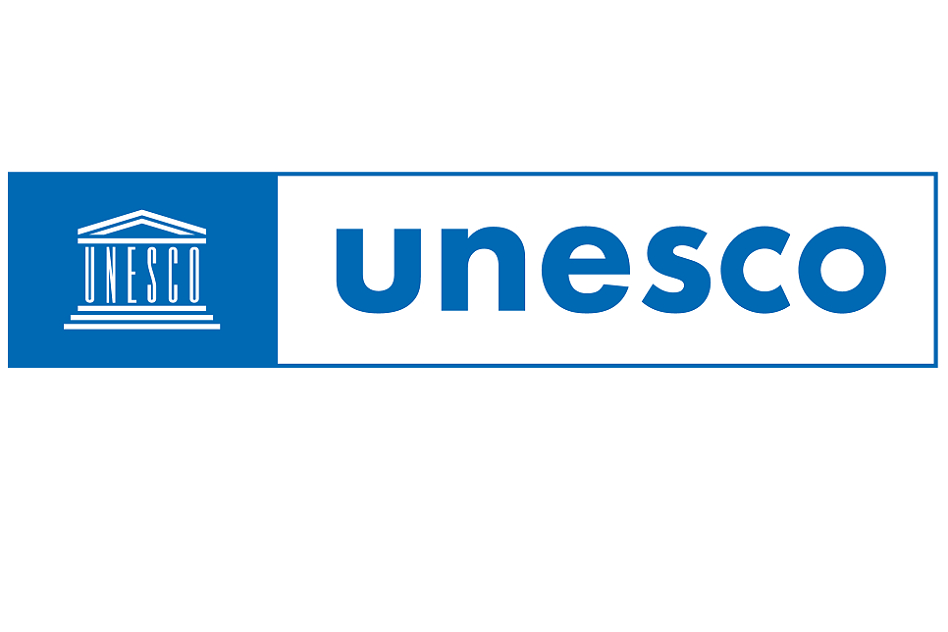
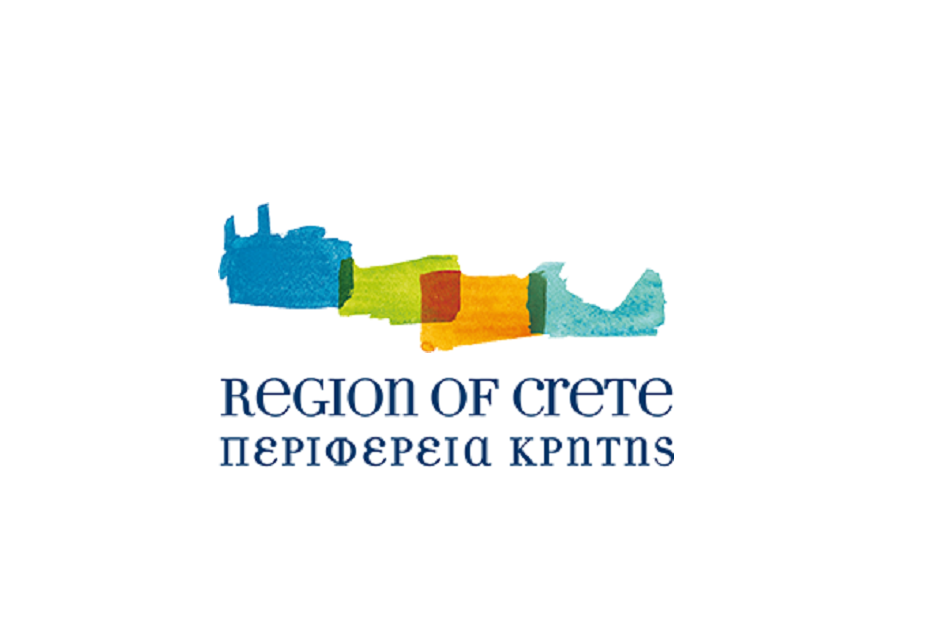
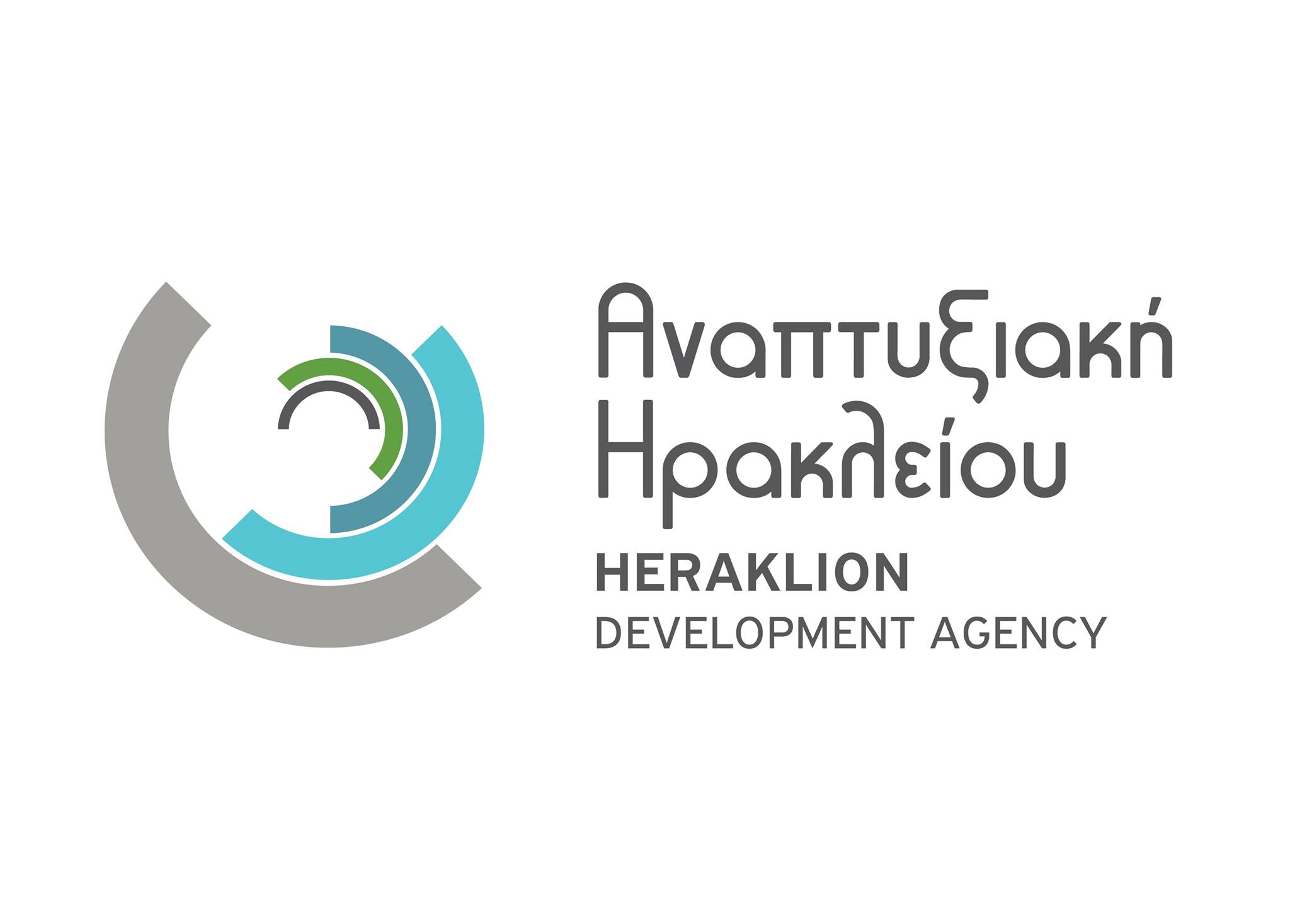
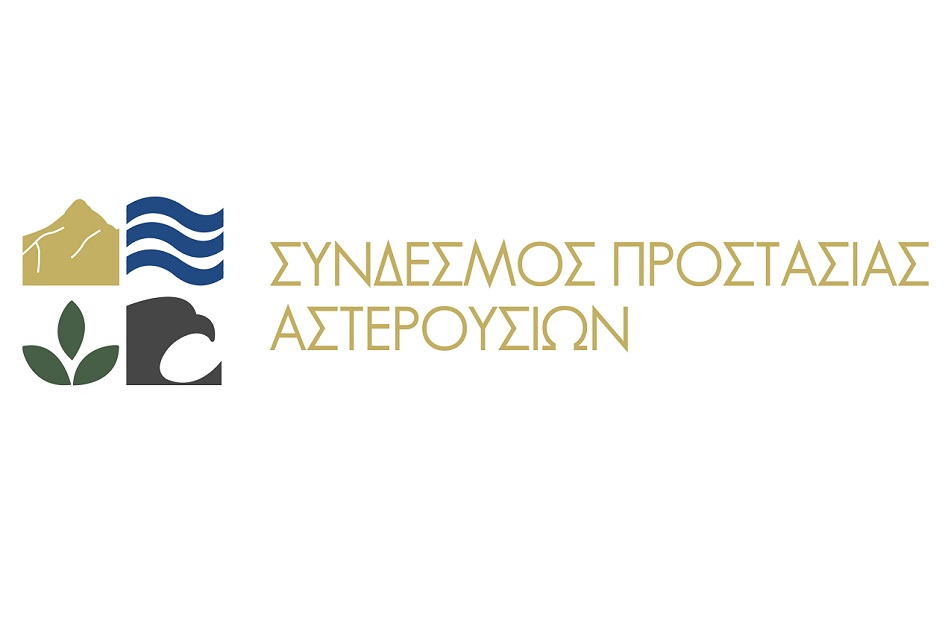
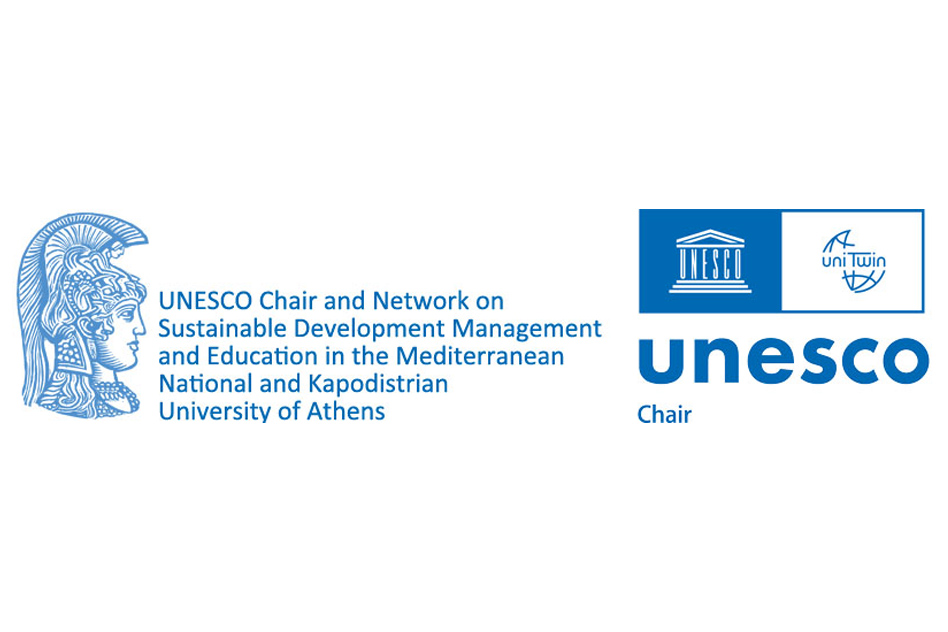
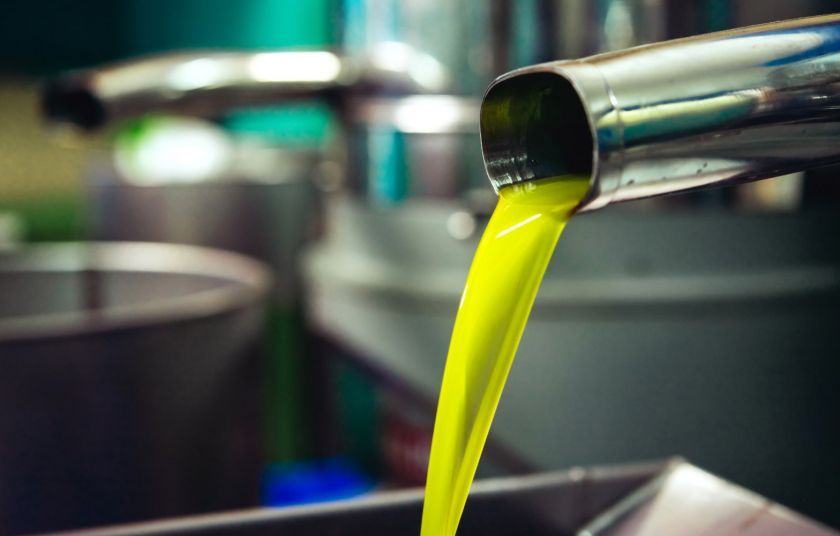
Draft daily agenda
This years’ University approaches the integrated management of the combined natural and cultural heritage of the BR with emphasis on outcomes of the Hangzhou Strategic Action Plan (2026-2035) and particularly on the farming, traditional and modern production and local products and sustainable tourism, as well as to potential solutions in transforming byproducts currently wasted into resources. The relevant lifelong ESD extending beyond classrooms and addressing also productive sectors and the needed frameworks and methods for effectively engaging the local community will be also included in the event.
The outline of the 3-day event is presented below: Day 1 will focus on management approaches of Sustainable Development and Heritage, Day 2 on Sustainable Farming and Day 3 on Education and Circular economy. Each day will combine key lectures and presentations, workshops and field visits.
| Tue 28 Oct | Wed 29 Oct- MaB PROGRAM | SD & management |
Thu 30 Oct SUSTAINABLE FARMING, AGRICULTURE & CULTURE |
Fri 31 Oct EDUCATION & CIRCULAR ECONOMY (WOOL) |
Sat 01 Nov |
| Where? | Kapetaniana village | Messara valley | Charakas village | |
|
DAY 1 ARRIVALS (Heraclion Airport) Informal welcome dinner |
Welcome, Scope, MaB program | Theory on integrated management | WEFE nexus approach | Sustainable tourism Best practices Guided tour to Thalori ecotouristic Farm & discussion on ecoutourism’s dynamic & challenges *Star-Watching event (*depends on the weather) |
Guided visit to olive oil association (Famelia) & Olive groves in Mesara Guided visit to the Messara Museum | Tangible and intangible heritage | Culture as a tool for SD Best practices Lectures and Workshops on water saving in olive groves & vineyards, to be hosted in the Farm School of Messara |
Move to the Cultural Association of Charaka village: Visit to Melistalachti womens’ association Lectures and workshops on ESD | Community engagement practices Best practices Circular economy: The case of sheep wool (upcycling to a useful product) Return & farewell dinner at Thalori |
DAY 5 DEPARTURES |
